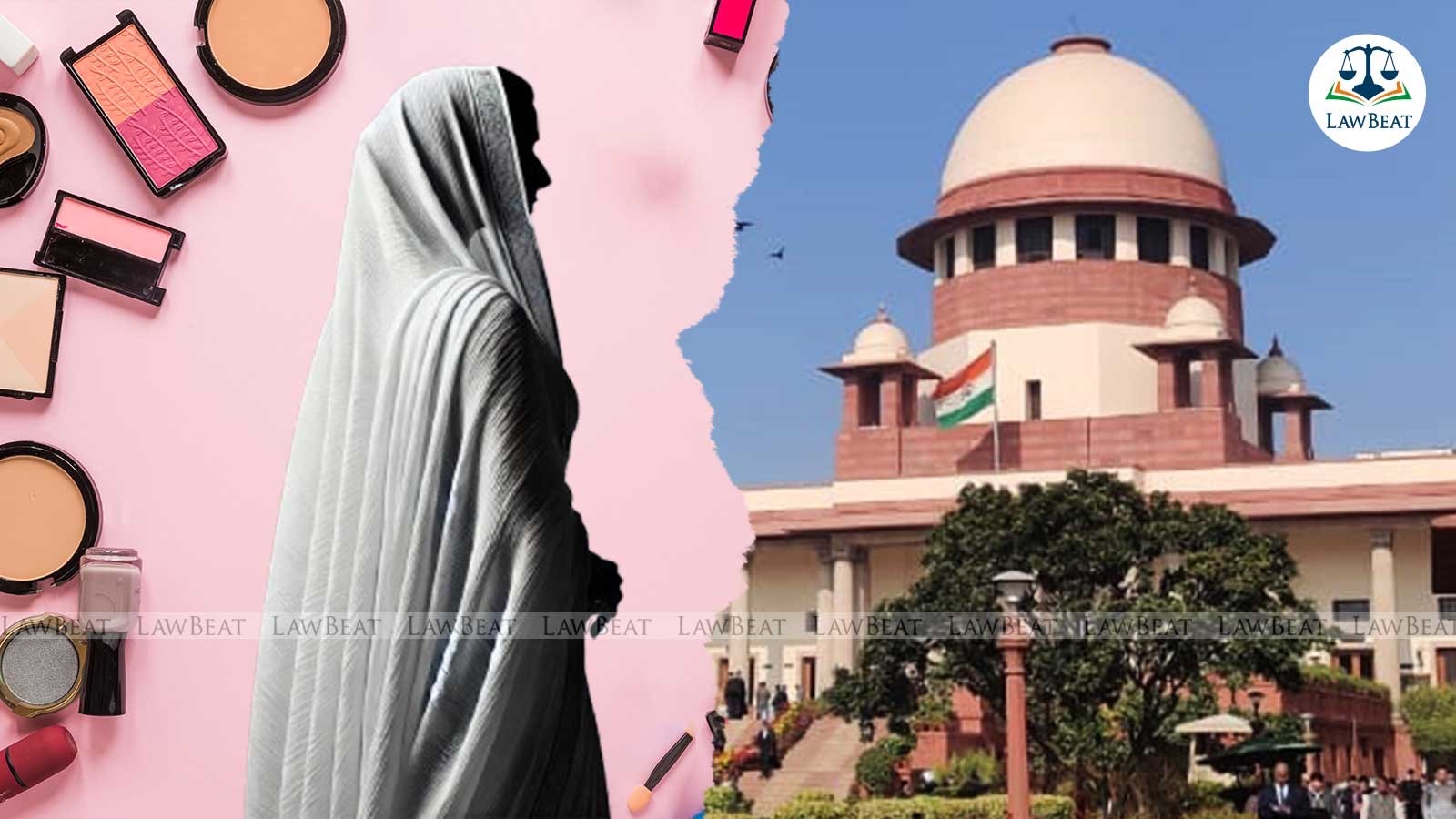‘Highly Objectionable’ : SC Reprimands Patna High Court for Insensitive Remarks Suggesting a Widow Has No Use of Makeup

The Apex Court took strong objection to the remarks “She was probably a widow who could not have the need of putting up make-up over her face,” made by the High Court
In a notable ruling, the Supreme Court of India has condemned the Patna High Court for making insensitive remarks regarding a widow’s use of makeup, underscoring the need for sensitivity in judicial discourse. This criticism emerged in the context of a 1985 murder case, where the apex court ultimately acquitted seven individuals previously convicted of abduction and murder related to a property dispute.
The controversy originated during an appeal, presented before a bench of Justice Bela M. Trivedi and Justice Satish Chandra Sharma, against the Patna High Court’s decision, which had upheld the conviction of the accused individuals. The case involved the abduction and murder of a woman named Neelam, allegedly to unlawfully take possession of her father’s house, which was entangled in a property dispute. The prosecution claimed that Neelam had been living in the house with her husband and brother-in-law, the informant in the case, when she was abducted by seven individuals. Charges were filed under multiple sections of the Indian Penal Code (IPC), including 302 (murder) and 364 (kidnapping). The trial court convicted five of the accused, while two others were acquitted. However, the Patna High Court reversed the acquittal of the remaining two, finding them guilty of the alleged offences.
During the proceedings, the High Court referenced the presence of makeup items in the disputed property as evidence of the victim’s residency. Despite acknowledging that a widow also lived in the house, the High Court asserted that the makeup could not belong to a widow, thereby implying a lack of credibility regarding her claims. “She was probably a widow who could not have the need of putting up make-up over her face,” the High Court had said. The Supreme Court found these remarks “highly objectionable.”
“In our opinion, the observation of the High Court is not only legally untenable but also highly objectionable. A sweeping observation of this nature is not commensurate with the sensitivity and neutrality expected from a court of law, specifically when the same is not made out from any evidence on record,” remarked the court.
The court further noted : “Mere presence of certain make-up articles cannot be a conclusive proof of the fact that the deceased was residing in the said house, especially when another woman was admittedly residing there….The make-up articles were linked with the deceased on the basis of a completely unacceptable reasoning and without any corroborative material. The prosecution has failed to examine even one cohabitant to prove the said fact.”
The court, therefore, concluded that it was “not inclined to believe that the deceased was actually residing in the house.”
Additionally, the court scrutinised the evidence presented in the case and noted that the prosecution's case was fraught with inconsistencies. They highlighted significant gaps in the prosecution's arguments, particularly regarding eyewitness accounts. The court pointed out that three independent witnesses, who were purportedly present during the incident, were not called to testify, raising serious doubts about the reliability of the available evidence.
The court also expressed skepticism about the informant's testimony, noting discrepancies related to a claim that one of the accused threatened him with a pistol—an assertion not mentioned in the FIR. This lack of corroborating evidence led the Court to question the integrity of the investigation and the motivations of the eyewitnesses, suggesting they may have been biased.
Moreover, the Supreme Court flagged concerns regarding the fairness of the investigation, indicating that the testimonies of the eyewitnesses appeared orchestrated to support a flawed case. It emphasised that independent public witnesses who were readily available were not examined, which further compromised the prosecution's credibility.
In light of these considerations, the Supreme Court concluded that the evidence against the accused did not meet the required legal standards. The Court ruled that while the possibility of murder could not be entirely dismissed, the lack of direct evidence and the unsatisfactory circumstantial evidence made the case untenable.
Ultimately, the Supreme Court acquitted all seven accused, ordering their immediate release if they were still in custody.
Cause Title: VIJAY SINGH@VIJAY KR. SHARMA v STATE OF BIHAR [CRIMINAL APPEAL NO. 1031 OF 2015]
